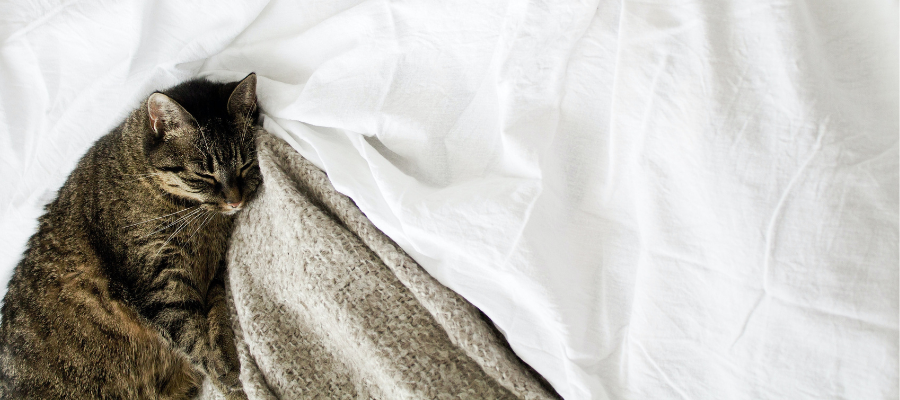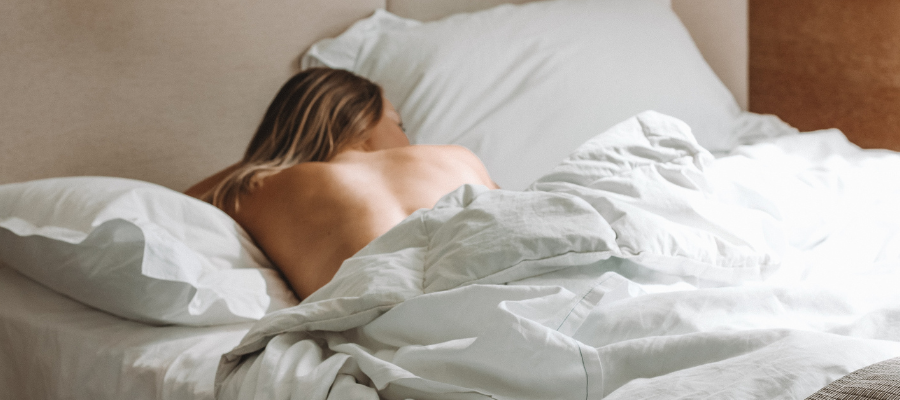How much sleep do I need
We all know that sleep is important. Considering that we spend up to one-third of our lives sleeping, it is relevant to know just how much sleep we need each night in to fully recover and thrive.
The National Sleep Foundation has recently revised how many hours it recommends by age group:
- Newborns (0-3 months): 14-17 hours each day (previously it was 12-18)
- Infants (4-11 months): 12-15 hours (previously it was 14-15)
- Toddlers (1-2 years): 11-14 hours (previously it was 12-14)
- Preschoolers (3-5): 10-13 hours (previously it was 11-13)
- School-age children (6-13): 9-11 hours (previously it was 10-11)
- Teenagers (14-17): 8-10 hours (previously it was 8.5-9.5)
- Younger adults (18-25): 7-9 hours (new age category)
- Adults (26-64): 7-9 hours
- Older adults (65+): 7-8 hours (new age category)
Access your sleep quality
Of course, many factors play into how much sleep we need to be at our best. Not only is it important to get enough sleep but to get good quality sleep with enough sleep cycles. If your sleep quality is poor, you may feel tired even when you sleep the recommended number of hours. Conversely, if you are getting good quality sleep, you may find that you feel fine even with a little less.
Here are some tips for improving your sleep:

Follow a regular schedule: Go to bed around the same time each night to help regulate your internal clock. On the weekends, resist the temptation to sleep in too late. If you wake up at 6 am on weekdays, try to wake up no later than 8 am on weekends. It only takes a couple of days to change your sleep pattern, making it even harder to wake up on Monday mornings.
Create a calming bedtime routine: It can help get you in the mood for sleep if you find something that relaxes you, such as taking a bath or listening to calming music.
Turn off lights and electronics: Blue light emitted by screens – cell phones, tablets, tv – can affect our bodies’ signal to release melatonin, a naturally occurring chemical that signals that it is time to sleep. Bright lights can also have this effect so a lamp that gives off a soft, dim light may be best in an hour or two before you go to bed.
Create a comfortable environment: The ideal sleep environment is dark, quiet, and cool. Some people find it helpful to use a sound machine that plays white noise to drown out background noises that may interfere with sleep. This can be particularly helpful for babies and young children who go to bed early while the rest of the household is still active.
Minimize caffeine, alcohol, and nicotine: Studies have shown a clear link between caffeine, alcohol, and nicotine use with poorer quality sleep. Some people are very sensitive to caffeine and each person metabolizes it at different rates, but it is a good idea to avoid caffeine in the afternoon and evening.
Exercise: For most people, getting regular exercise during the day can help with nighttime sleep. However, exercising at night doesn’t necessarily interfere with everyone’s sleep – for some, the post-exercise drop in body temperature can help trigger sleepiness a few hours later.


